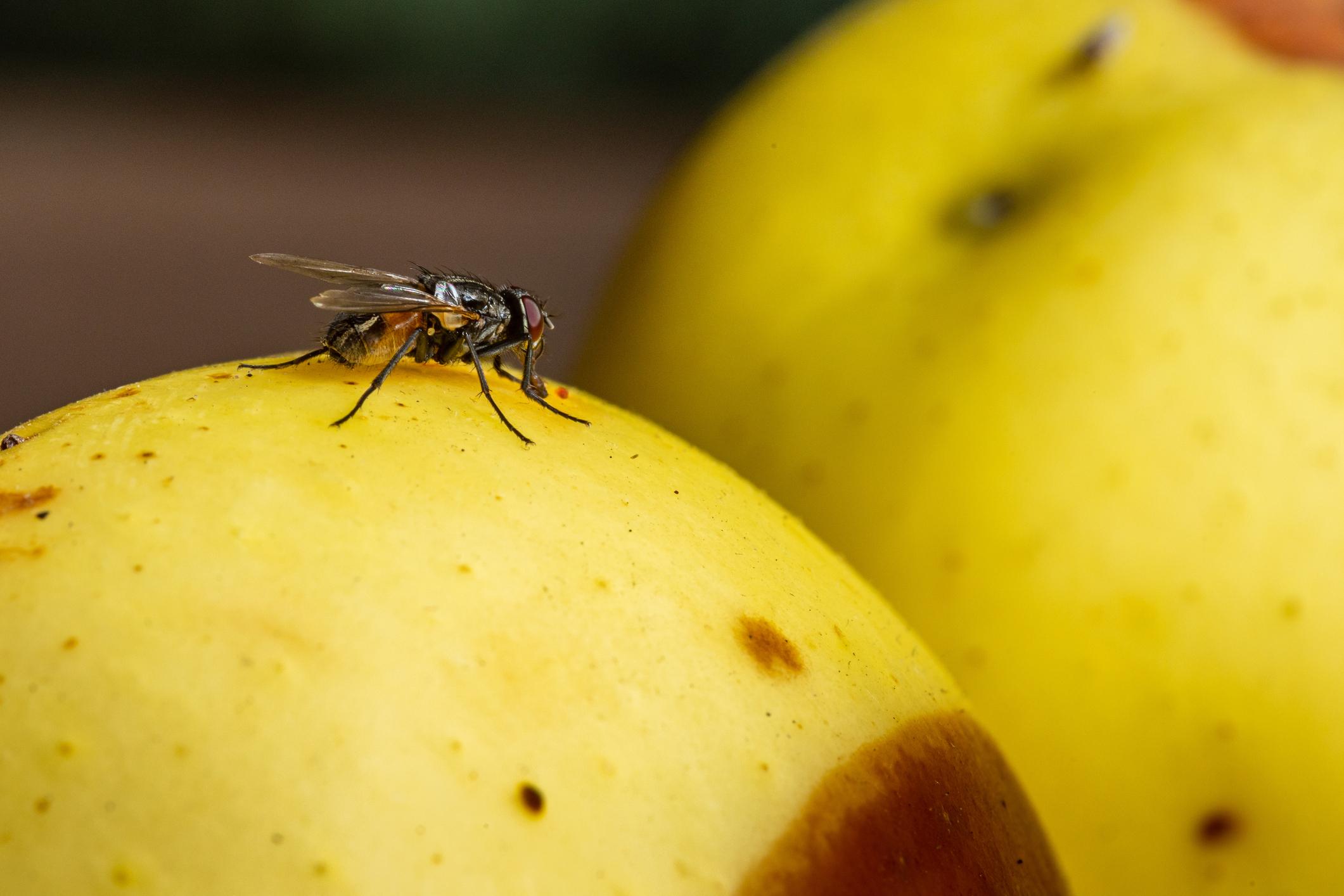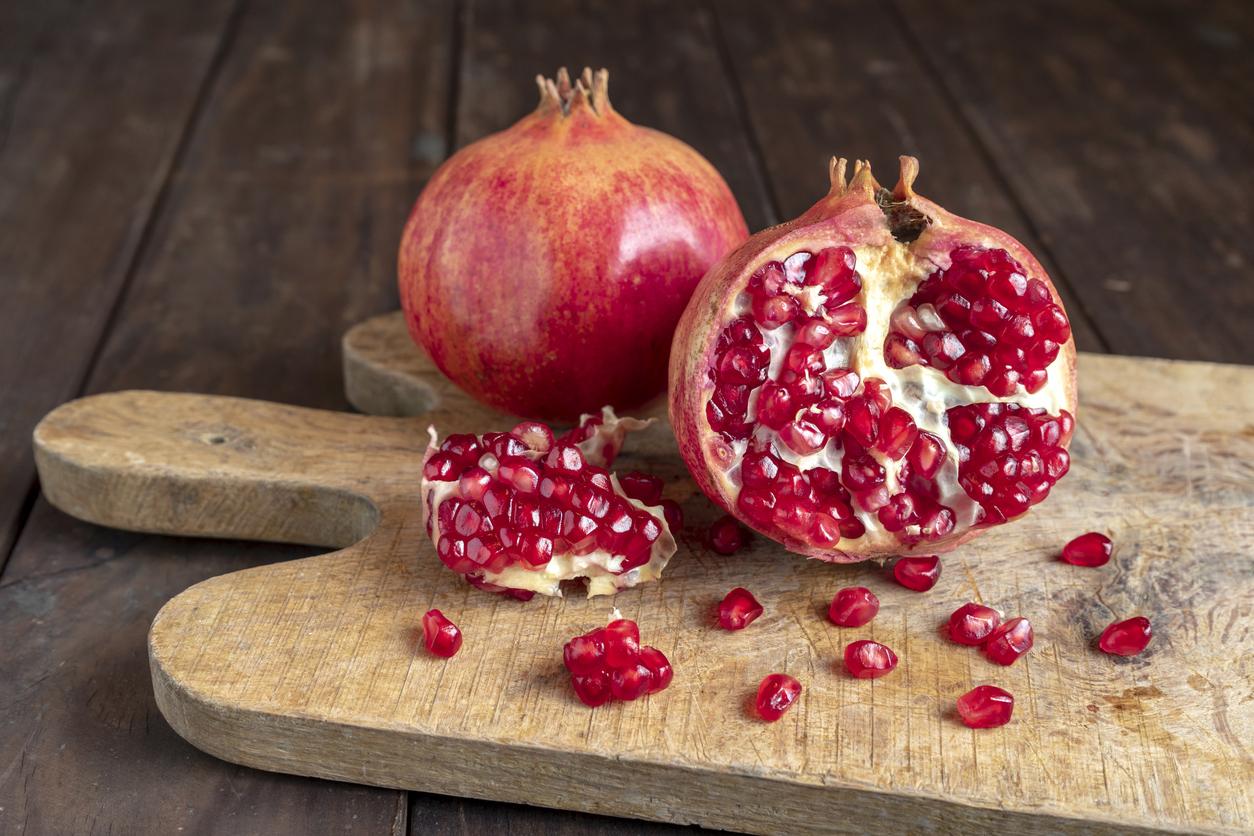Ecklonia cava, a brown algae, may have the ability to protect against neurodegeneration.

- In a study, Japanese scientists analyzed the neuroprotective properties of Ecklonia cava polyphenols, antioxidants from a brown algae.
- In mice fed the antioxidants orally daily for one week, Ecklonia cava restored motor function reduced by rotenone.
- Improvements in intestinal motor function and the structure of the colonic mucosa, a special tissue that lines the intestine, were also observed.
What if the prevention of Parkinson’s disease lies in the antioxidants in seaweed? This is what researchers from Osaka Metropolitan University (Japan) recently suggested. In order to reach this conclusion, they conducted a study published in the journal Nutrients.
Parkinson’s: Motor function restored by brown algae in mice
Parkinson’s disease is a neurodegenerative disease caused by the loss of neurons that produce dopamine, a neurotransmitter involved in motor control and cognitive functions. It is induced by neuronal damage due to excessive production of reactive oxygen species. Thus, suppression of reactive oxygen species production is essential because it is fatal to dopaminergic neurons that manage dopamine neurotransmitters.
As part of the work, the team examined the neuroprotective properties of Ecklonia cava polyphenols, antioxidants from a brown seaweed. They conducted two types of motor function tests on mice with Parkinson’s disease. The rodents were fed the antioxidants orally daily for a week, and then given rotenone, a subgroup of flavonoids. The results showed that motor function, which had been reduced by rotenone, was restored by Ecklonia cava, which is “rich in phlorotannin.” Another observation: intestinal motor function and the structure of the colon mucosa, a special tissue that lines the intestine, improved.

“Ecklonia cava antioxidants may reduce neuronal damage”
In addition, cellular experiments using Parkinson’s disease model cells allowed to verify the biochemical interaction of the preventive effect of Ecklonia cava. According to the results, antioxidants activate the enzyme AMPK (adenosine monophosphate-activated protein kinase), an intracellular energy sensor, and inhibit the production of reactive oxygen species that cause neuronal cell death. “This study suggests that Ecklonia cava antioxidants can reduce neuronal damage by activating AMPK and inhibiting intracellular production of reactive oxygen species. It is hoped that Ecklonia cava will be an effective ingredient in preventing Parkinson’s disease,” said Akiko Kojima-Yuasaauthor of the research.

















